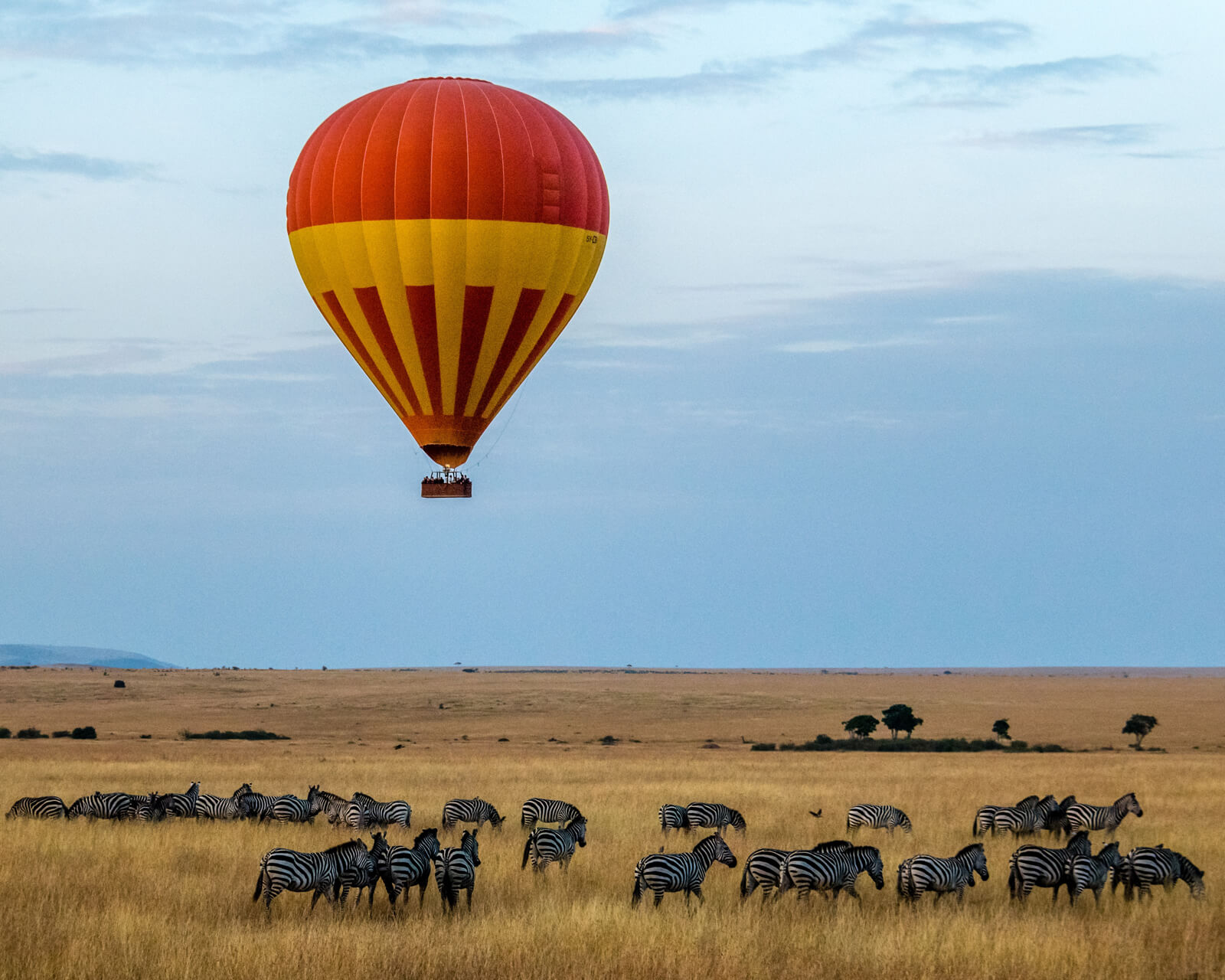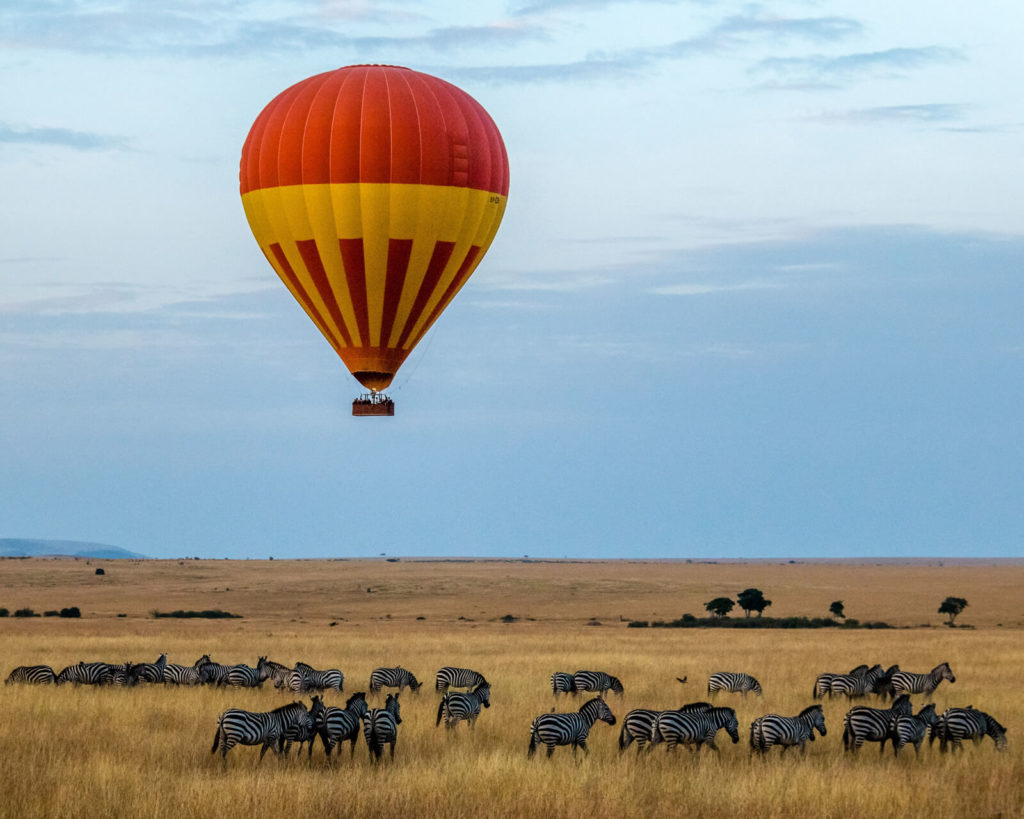Kenya is about as close to a holiday paradise as you can get: white sandy beaches, an azure blue ocean and overwhelming natural beauty at its nature reserves where you can find exotic animals. But travelling to Kenya requires some key preparations, more than you might be used to when visiting other places. In this article, you will learn more about the necessary vaccinations, visa and other preparations you need to make for a trip to Kenya.

Arranging vaccinations
When travelling to faraway destinations like Kenya, it’s a good idea to consult your doctor before your trip and check what vaccinations you may need to have. No vaccinations are mandatory for Kenya (unless you come from a country where there is a high risk of yellow fever). There are, however, vaccinations that are recommended when travelling to Kenya, such as a vaccination against yellow fever, DPT and hepatitis A. Depending on your situation, other vaccinations may also be required. So make your doctor’s appointment in good time.
Kenya visa application
You should also give yourself time when applying for your Kenya visa. It takes an average of 8 working days before the visa is granted. Applying can be done very easily via the internet. All you have to do is fill in the digital application form, upload a passport photo and scan, arrange an overnight stay and book a return ticket. An approved visa allows you to stay in the country for a maximum of 90 days. Optionally, you can extend the maximum length of stay in Kenya to 180 days.
Packing the essentials
Protect yourself against infectious diseases, the (sometimes scorching) sun and mosquitoes. Both dengue and malaria are common in Kenya. Make sure you bring long-sleeved clothes, insect repellent such as DEET and a mosquito net. If you are planning to go on safari, it is useful to bring clothes with natural, light colours so that you do not scare off the animals. Furthermore, take along sufficient sunscreen and sunglasses, because temperatures in Kenya can rise quite quickly.
Travelling during covid
Since 1 August 2020, it is possible to travel to Kenya once again. However, strict conditions apply. For example, travellers aged 6 and above must have a negative result from a PCR test with them (maximum of 96 hours old). This result must be approved by the Trusted Travel system of the African Union before departure. You do this by uploading the test result on the website of the African Centre for Disease Control and Prevention. Before departure, you will also need to fill in the Travelers Health Surveillance Form on the website of the Kenyan Civil Aviation Authority, after which you will receive a QR code that will be scanned on arrival. You also need to download the app Jitenge MoH Kenya so that the Kenyan government can ask you for updates on your health through that app. In addition, travellers should not have any coronavirus symptoms on arrival in Kenya. British travellers do not have to go into quarantine.












